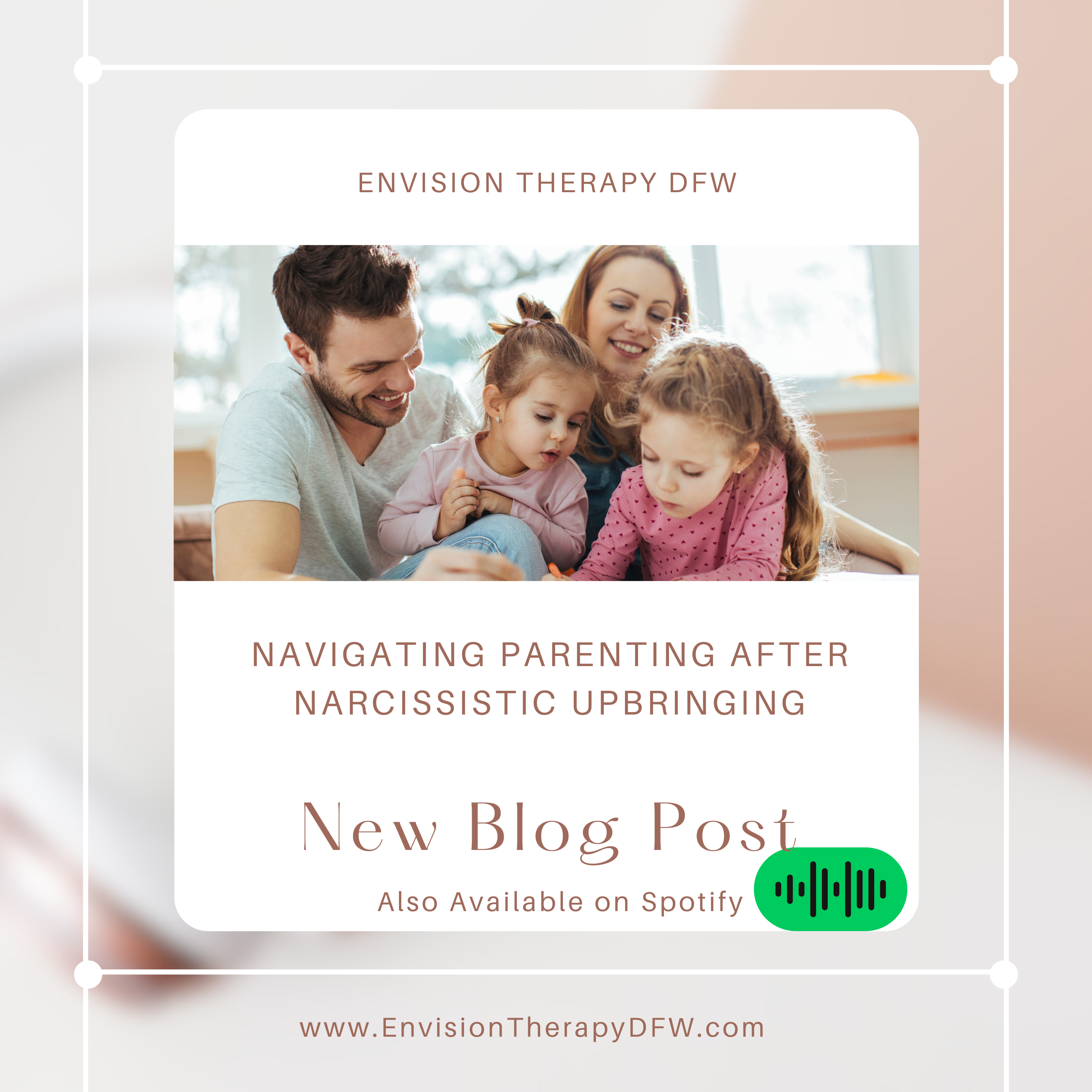Parenting after a narcissistic upbringing presents unique challenges and opportunities for growth. As adults who were raised by narcissistic parents, we often struggle with the desire to break harmful patterns and create nurturing environments for our own children. This journey requires self-awareness, healing, and intentional parenting strategies to foster healthy relationships and emotional well-being.
Growing up with a narcissistic parent can leave deep emotional scars that impact our approach to parenthood. As we begin the journey of raising our own children, we’re faced with the task of breaking the cycle of narcissistic behavior and providing our children with the love and support we craved in our own childhoods.
Understanding the Impact
Children of narcissistic parents often struggle with self-esteem issues, boundary setting, and trust in relationships. These challenges can shape our parenting style, as we strive to create a nurturing environment while navigating our own emotional wounds. Click here to read more about the impact of having a narcissistic parent.
Healing from the Past
Healing from a narcissistic upbringing is crucial before diving into parenthood. It all starts with looking inward and understanding how your past experiences have shaped who you are today. You might find yourself saying, “I see how my upbringing impacts my parenting style,” acknowledging the journey you’re on.
Therapy is a vital part of this healing process. It’s like having a safe space to unpack your emotions, process past hurts, and learn healthier ways to cope. You might express, “I’m ready to heal from old wounds and grow into the parent I want to be,” affirming your commitment to personal growth.
Learning effective coping strategies is key. Verbalize your efforts like, “I’m learning to recognize and manage triggers to break unhealthy patterns,” showing your dedication to positive change. Prioritizing self-care and showing self-compassion are also crucial. Remind yourself, “I deserve to take care of myself to create a healthy family environment.”
As you heal, you’ll gain insight into your behaviors and beliefs, empowering you to shape your parenting style intentionally. Express thoughts like, “I’m determined to break the cycle and build healthy connections with my kids,” highlighting your progress. This journey not only benefits you but also creates a nurturing space where your children can thrive authentically. Embracing healing from the past is transformative and sets the stage for fulfilling parenthood.
Parenting Strategies
Implementing positive parenting strategies after a narcissistic upbringing requires conscious effort and mindfulness. It’s about actively choosing to break harmful patterns and create a nurturing environment for your children. Here’s how you can do it:
- Setting Healthy Boundaries: Establishing clear and consistent boundaries is essential. Verbalize statements like, “I will communicate my expectations and limits clearly to my children,” to ensure they understand what is acceptable behavior.
- Practicing Empathy: Cultivating empathy towards your children’s feelings and experiences is crucial. Verbalize empathy by saying, “I understand how you feel” or “Tell me more about what’s going on for you,” to show your children that their emotions are valid and heard.
- Fostering Open Communication: Encourage open and honest communication with your children. Create a safe space where they feel comfortable sharing their thoughts and concerns without fear of judgment. Verbalize statements like, “I’m here to listen and support you,” to reinforce open communication.
By implementing these strategies, you can break the cycle of narcissistic dynamics and cultivate a healthy parent-child relationship based on respect, empathy, and mutual understanding. This intentional approach to parenting fosters emotional well-being and lays the foundation for positive family dynamics.
Embracing Vulnerability
Embracing vulnerability as parents is not only empowering but also essential for building genuine connections with our children. When we acknowledge our vulnerabilities, we create opportunities to connect authentically, demonstrate resilience, and foster a safe and loving environment within our families.
Here’s how embracing vulnerability can positively impact our parenting:
- Authentic Connections: By being vulnerable, we show our children that it’s okay to be imperfect and human. Verbalize vulnerability by saying, “I struggle with this too,” or “I’m still learning how to handle this,” which opens the door for authentic conversations and connections.
- Acknowledging Mistakes: Embracing vulnerability allows us to admit when we make mistakes. Verbalize statements like, “I’m sorry for my reaction earlier; I could have handled it better,” demonstrating accountability and modeling healthy behavior.
- Cultivating a Safe Environment: When parents embrace vulnerability, it creates a safe space for children to express themselves openly and honestly. Verbalize statements like, “You can always talk to me about anything,” to encourage trust and emotional safety within the family.
Embracing vulnerability requires courage and self-awareness, but it strengthens the parent-child bond and promotes emotional well-being. By accepting and embracing our vulnerabilities, we set a positive example for our children and cultivate a nurturing environment where they can thrive.
Parenting after a narcissistic upbringing is a transformative journey of self-discovery and healing. By breaking the cycle and embracing intentional parenting strategies, we can create a positive legacy for future generations.
Learn how to break free from the impact of a narcissistic upbringing and create a loving environment for your children. Explore effective parenting strategies and healing techniques to nurture healthy family dynamics by working with Elizabeth.
TLDR: Parenting after a narcissistic upbringing requires self-awareness, healing, and intentional strategies. Break harmful patterns, set healthy boundaries, and cultivate a nurturing environment for your children.

